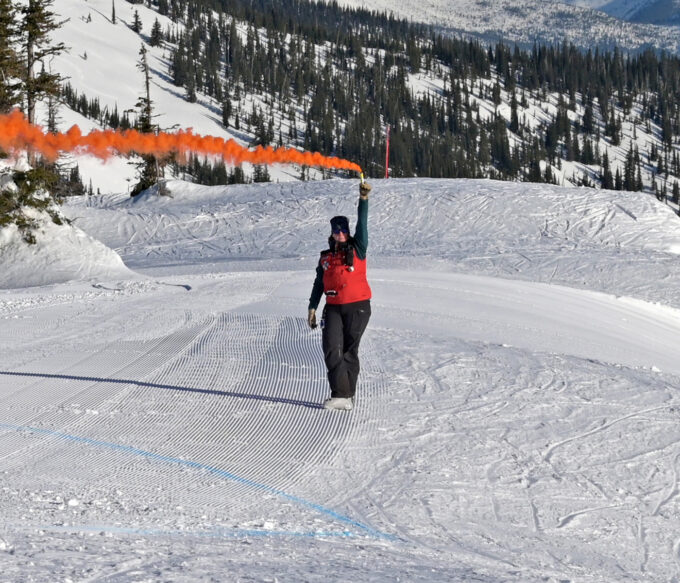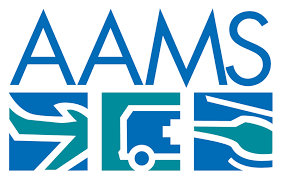
At the heart of our safety strategy is a collaborative and data-driven approach that manages risk across the entire operation. To maintain the highest levels of safe aviation, we use recurrent aircraft-specific training modules aimed at improving pilots’ skills. These include annual in-aircraft training, using Life Flight Network’s Frasca flight training device, active monitoring of flight data, and integration and representation with our quality management program.
Life Flight Network’s Operational Control Center maintains oversight of every transport, monitoring the aircraft and weather for the duration of the flight. Our dedicated fleet monitoring ensures an additional set of eyes on factors that can affect safety, providing critical support to our pilots and crews while they care for patients.
In addition to in-flight safety monitoring, our Flight Operations Quality Assurance (FOQA) program enhances safety by reviewing post-transport data and identifying events that fall outside allowable margins. The FOQA manager collects, tracks, and trends data—all leading to improvements in training and procedures.
Crew Resource Management (CRM) is a comprehensive system for improving crew performance. It involves a concentration on crew member attitudes and behaviors and their impact on safety.
CRM training encompasses a wide range of knowledge, skills, and attitudes for improving communications, situational awareness, problem-solving, decision-making, and teamwork.
All flight crew members, maintenance technicians, ground crew personnel, and communication specialists attend CRM during new employee orientation as well as yearly recurrent training.
A formal process, and steady practices in:
Effectiveness of implemented risk control strategies for:


EMS and Hospital Personnel:
For immediate emergency dispatch, call us 24/7. We’re standing by.